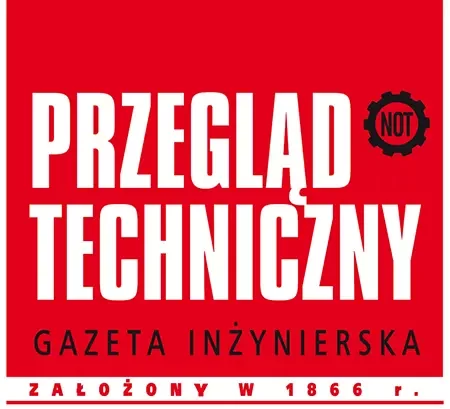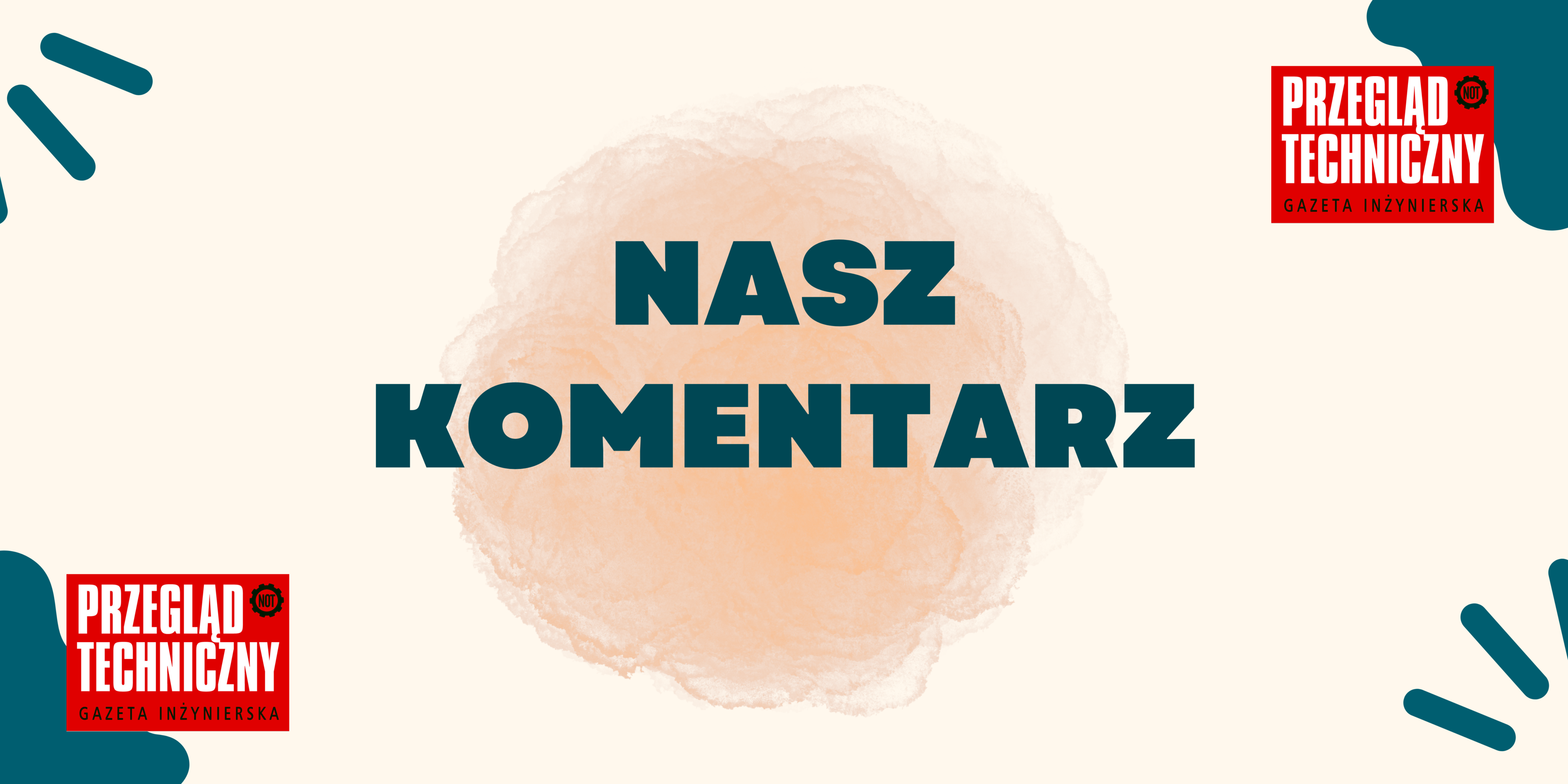The holidays are just around the corner, so the title may seem a little inappropriate. This time, however, it will not be about snow as a meteorological phenomenon, but about the representatives of Generation Z. This name is given to people born at the turn of the 20th and 21st centuries, roughly in the years 1995–2012. Another name for this age group is the title “snowflakes” The term “snowflakes” refers to young people who are convinced of their uniqueness (like snowflakes, each of which is different and unique), but with a weak mental condition, who react too emotionally to the environment around them. The “snowflake” generation is highly self-centered, and the belief in uniqueness causes them to overestimate their abilities. Unfortunately, this trait does not make the Zetas entering the job market sympathetic. They are considered to be people who are not able to fulfill their tasks or take responsibility. Besides, the concerned themselves do not see their future very rosy. According to the report “Gen Z. How to understand today’s generation of tomorrow?” Zetas are the first generation likely to earn less than their parents. The survey also shows that they believe they are less likely to achieve professional success than their parents’ generation. As many as 53% of those surveyed believe so.
Interesting in this context is a study conducted in the US on Generation Z’s attitude toward higher education. For most representatives of this generation, education is not a priority. In the U.S. reality, this is due to, among other things. from the rising cost of higher education and the insufficient financial benefits of graduation. Generation Z people who choose to go to college are not as interested in the typical “college experience,” focusing instead on preparing for the overarching goal of getting a well-paying job. The more pragmatic approach to financial issues at the Zetas is also confirmed by the Polish report cited earlier.
In turn, the study of the website Pracuj.pl. “Generation Z at Work” showed that practical skills, rather than formal education, are more important to this generation. Most of the young people surveyed also believe that secondary schools (vocational, technical, high schools) do not provide knowledge that is useful in the labor market. Higher education is not much better rated.
It should also not be forgotten that the Zetas are a generation that grew up from the beginning in the company of computers, the Internet, cell phones, social media. So it should come as no surprise that our “snowflakes” are thriving in the virtual world. They excel at handling Internet tools, are instant learners and have a positive attitude toward technical innovations.
However, the statistics are disturbing. The average daily use of social media among Polish teenagers is 4 hours and 12 minutes. 16.2% of teens, declare they are unable to stand without social media for more than an hour. More than 25% of teenagers have between 5 and 8 accounts on social networks and platforms, while more than a third (36%) have more than 8 such accounts. However, relationships established on social media cannot replace real human relationships.
In the pages of the Technical Review, we often present the successes of young people (including in this issue) achieved in competitions and Olympiads. But it may be worth considering whether we care equally about the intellectual and emotional development of children and young people. Doesn’t the pursuit of success accidentally obscure other, equally important aspects of parenting.
Martyna Jachimowicz





